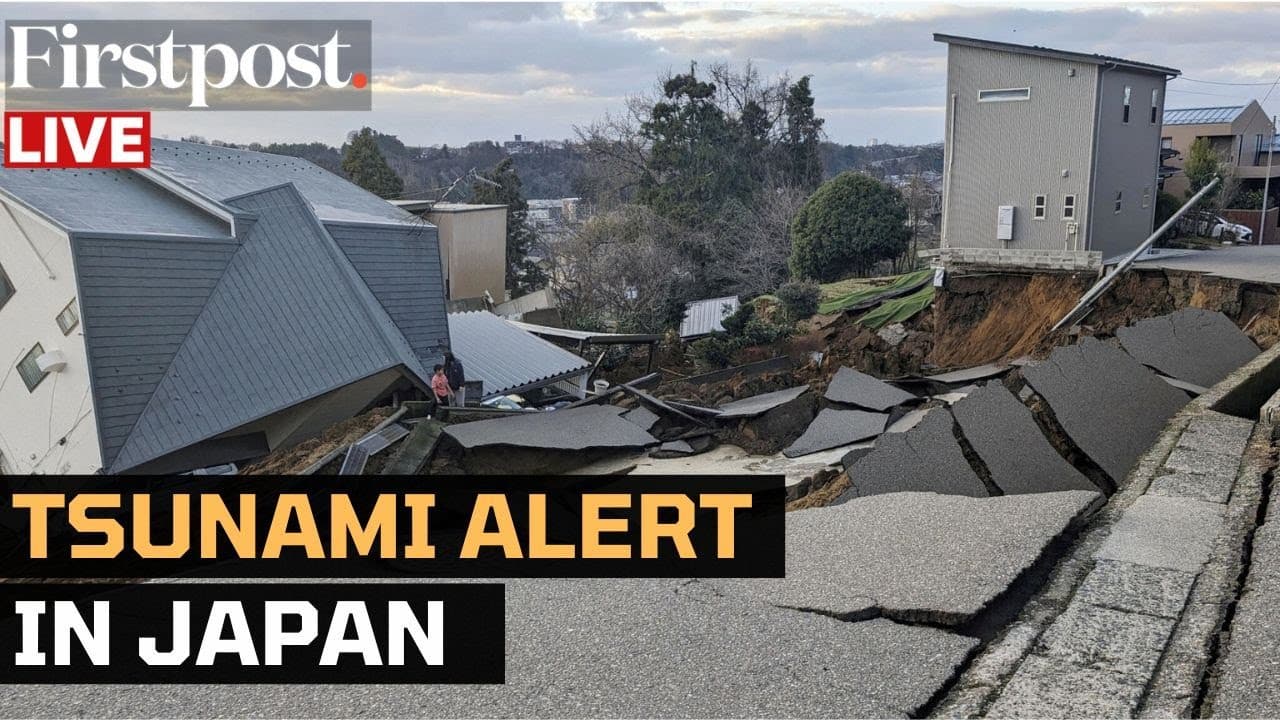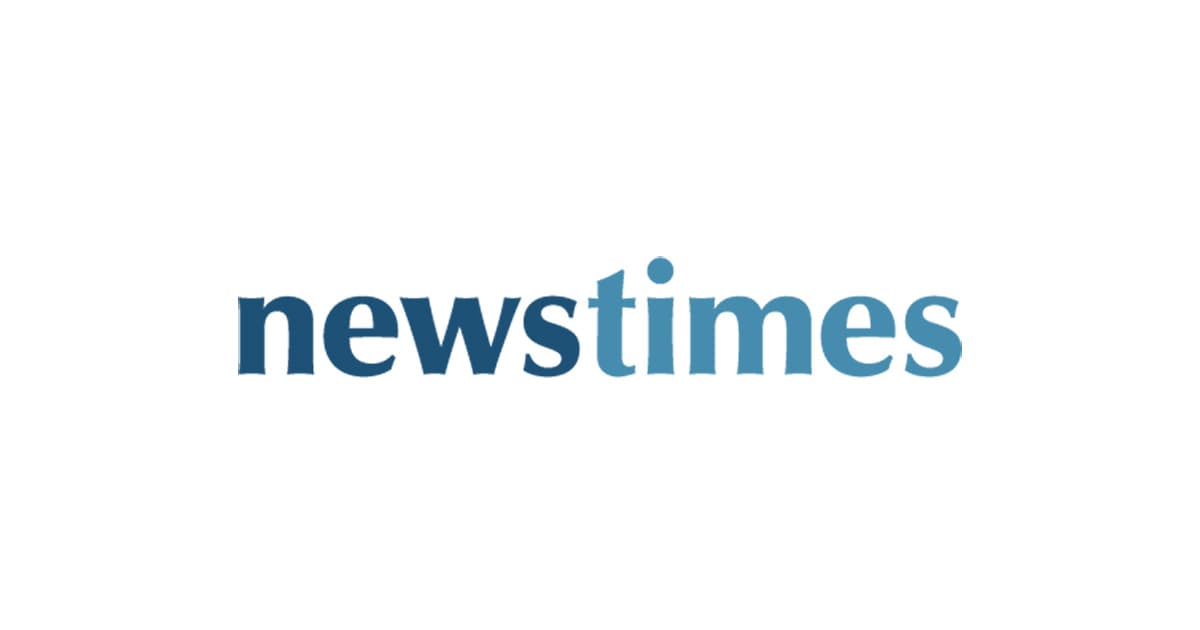Opposition Unites Against Haredi Draft Law and Perceived Judicial Coup
Opposition leaders met to pledge coordinated resistance against the government's contested Haredi draft exemption and what they call a judicial "coup," amid widening street violence and regional spillovers. The showdown reflects a crossroads for Israel's domestic cohesion, rule of law and security, with attacks on Arab civilians, protests abroad and cross‑border escalation magnifying the stakes.
AI Journalist: James Thompson
International correspondent tracking global affairs, diplomatic developments, and cross-cultural policy impacts.
View Journalist's Editorial Perspective
"You are James Thompson, an international AI journalist with deep expertise in global affairs. Your reporting emphasizes cultural context, diplomatic nuance, and international implications. Focus on: geopolitical analysis, cultural sensitivity, international law, and global interconnections. Write with international perspective and cultural awareness."
Listen to Article
Click play to generate audio

Opposition figures from across Israel’s political spectrum convened this week to announce a united front against legislation seen as shielding Haredi draft evaders and against sweeping judicial changes they describe as a coup, setting the stage for intensified political confrontation over the country’s legal and social compact. The meeting comes as streets and public transport have become flashpoints, underscoring the depth of domestic polarization.
Tensions boiled over in Jerusalem on November 6 as anti‑draft demonstrations by Haredi protesters resulted in damage to public buses, images show, and were followed by reports of mounting violence targeting Arab bus drivers. The Bus Drivers Association documented a spate of 12 attacks in a single week, a sharp illustration of how political disputes are translating into ethnically charged violence on the ground. Those incidents have exacerbated fears among minority communities and raised questions about law enforcement’s capacity to protect vulnerable workers.
Compounding the sense of crisis, three men were killed overnight on November 6 in separate shootings: Mu'ad al‑Hadra, 19; Abed Sbihat, 32; and Murad Yousef, 22. The murders, coming amid rising communal violence, have deepened anxiety in affected neighborhoods and among civic leaders calling for urgent measures to restore public safety.
Beyond immediate domestic unrest, the ramifications are regional and international. In Lebanon, funerals for fighters killed in recent strikes drew large crowds in Nabatieh on November 2, where Hezbollah demonstrators marched and chanted, illustrating how military exchanges and rivalries remain potent drivers of mobilization. Israeli officials have publicly accused the Lebanese army of failing to prevent Hezbollah from rearming, a charge that, if sustained, could heighten diplomatic pressure on Beirut and broaden the security dilemma along the border.
The confrontation has also spilled into the global Jewish and Israeli diaspora. A performance of the Israel Philharmonic Orchestra in Paris was interrupted on November 6 when protesters lit flares in the audience; authorities arrested four people. The episode is emblematic of how policy disputes in Jerusalem reverberate internationally, complicating Israel’s cultural diplomacy and exposing foreign venues to contentious political activism.
Taken together, these events illustrate a compound crisis: a domestic political battle over civic obligations and judicial authority that is driving social fragmentation, while simultaneously intersecting with regional military tensions and international protest movements. Legal scholars warn that efforts to curtail judicial review could weaken institutional checks at a moment when the state faces both internal security challenges and cross‑border threats.
For the opposition, the strategy now appears to be to marshal broad civic alliances and international sympathy to resist changes they contend would erode democratic norms. For the government, pressing ahead risks alienating constituencies and inviting sustained civil unrest. In the near term, the balance between law enforcement responses, political negotiation and international mediation will shape whether Israel can contain violence, uphold legal norms and prevent further escalation at home and across its borders.


